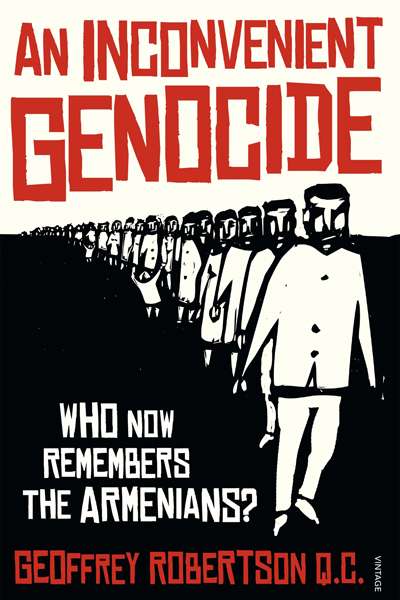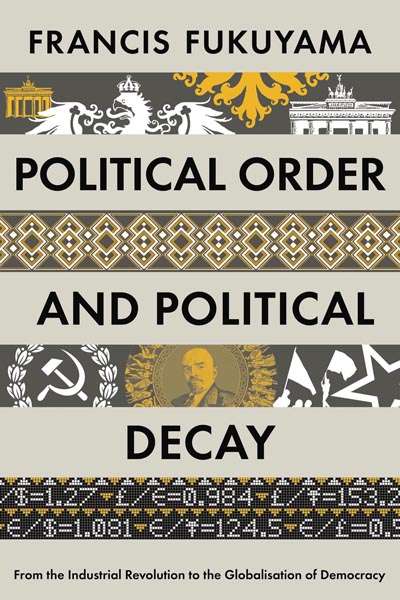History
The English Country House in Literature: A Critical Selection edited by Geoffrey G. Hiller
Outwardly safe, aristocratic, and uncontroversial, the English country house seems suitably benign coffee-table material to leaf through on a drowsy Sunday afternoon. However, while the story of the English country house is certainly steeped in nostalgia and privilege, it is also a narrative of exclusion, exploitation, and decline. Geoffrey G. Hiller engages with ea ...
The Half Has Never Been Told: Slavery and the making of American capitalism by Edward E. Baptist
There is something pleasurable about a good American history book. I recall reading David Hackett Fischer's Paul Revere's Ride (1994) on a train journey from Boston to Washington. I read it not because I was teaching about Paul Revere, but because it was a fine work, true to a tradition in which, as Fischer put it, books 'are a sequence of stories, with hig ...
1606: William Shakespeare and the year of Lear by James Shapiro
1606 was a rough year for England. In late 1605 the Gunpowder plotters nearly blew up the government; a Catholic rebellion in Warwickshire sharpened the country's fear. England's ports were closed and an army raised; bonfires lit the streets of London and guards manned the city gates. Later, the Tower drew its bridge and loaded cannons upon the (false) report of Kin ...
Stalin, Volume I by Stephen Kotkin & Stalin by Oleg V. Khlevniuk and translated by Nora Seligman Favorov
How dissimilar two books on the same topic can be: one expansive and apparently unconstrained by word limits, the other constrained and economical; one following a simple chronological narrative, the other an admirable adaptation of literary techniques of multi-layered story telling. Both are political books, but the politics are as different as the personalities of ...
An Inconvenient Genocide: Who Now Remembers the Armenians? by Geoffrey Robertson
April 2015 was the centenary of Gallipoli, an event deeply set in Australian history, but it was also the centenary of the massacre of hundreds of thousands of Armenians at the hands of the then Ottoman Empire. Yet the latter event is mired in controversy, and closure has not yet occurred. It was the first genocide of the twentieth century, but not the last.
In These Times: Living in Britain Through Napoleon's Wars, 1793-1815 by Jenny Uglow
If you had asked anyone in the 1780s where in Europe a revolution was most likely to break out, the answer would probably have been Britain. Paris was too strictly policed to be a candidate, whereas London had recently been the scene of violent anti-Catholic riots. The British were an unruly people, as Jenny Uglow’s book on British life during the French revolutio ...
Incognita: The Invention and Discovery of Terra Australis by G.A. Mawer
As the author explains in his preface, Incognita had its genesis in events to commemorate the four-hundredth anniversary of the voyages of Janszoon and Torres to the Cape York Peninsula in 1606, with the explorations of these Dutch mariners representing the first European sighting of Australia. This book has been several years in the making, and it offers an ...
The Man Who Thought He Was Napoleon: Toward a political history of madness by Laure Murat
In 1798, during the revolutionary wars on the European mainland, the Irish rebelled. Though they were supported militarily by the French Republic, it was the ideas heralded by the Revolution that gave real strength to their cause. A decade later, in Dublin, William Hallaran argued in his An Enquiry Into the Causes Producing the Extraordinary Addition to the Number of Insane that much of the increase should be attributed to the rebellion. Fifteen per cent of cases where causes could be identified were linked directly with the rebellion, but its effects were writ large in the rest of the catalogue: loss of property, drunkenness, religious zeal, disappointment, and grief.
... (read more)On what terms should we interrogate the past? Ancient life can seem essentially unknowable, a place where everything is different, glimpsed only in the words of those who lived then and surviving traces of material culture.
The Cambridge classical scholar Sir Moses Finley argued for an interpretation of ancient life bounded by then current civic and religious beliefs. Finley’s The Ancient Economy (1973) suggested that economic life in classical Greece and Rome was not distinct and separate, with its own language, but was tied intimately to social life. We err therefore by translating current notions of economic motivation to a world of slaves and gods, closeted women, and limited technology. The ancients did not dwell on capital formation, efficiency, or economic growth.
... (read more)Political Order and Political Decay: From the Industrial Revolution to the Globalisation of Democracy by Francis Fukuyama
Forget the cliché about a week being a long time in politics. Two decades in this super-speed, globalised age is more than enough time, it seems, for even the ‘best’ political system to go pear-shaped.
A growing number of books in recent times have focused on the current travails of Western-style liberal democracy. Its litany of dysfunctions includes corrosive money politics, policy gridlock, and growing citizen uninterest. But it is Francis Fukuyama’s new book that best symbolises the current Zeitgeist of dashed hopes concerning the resilience of the West’s political system.
... (read more)










